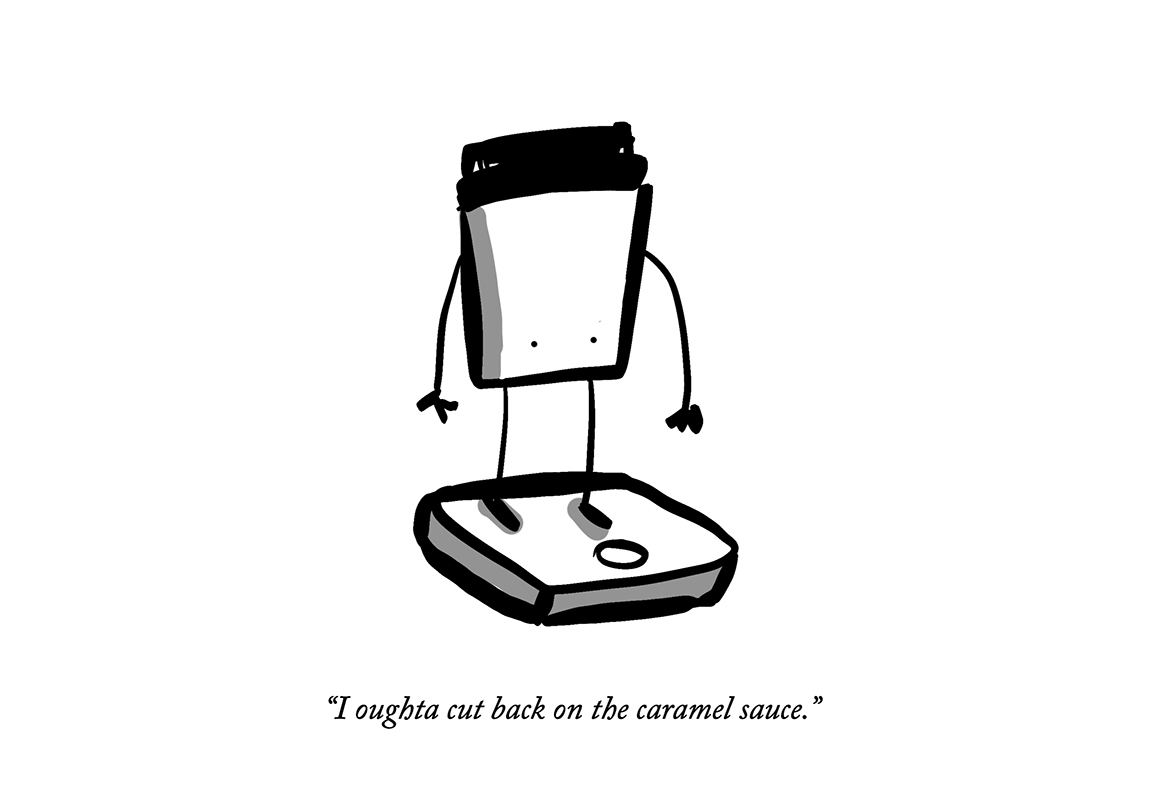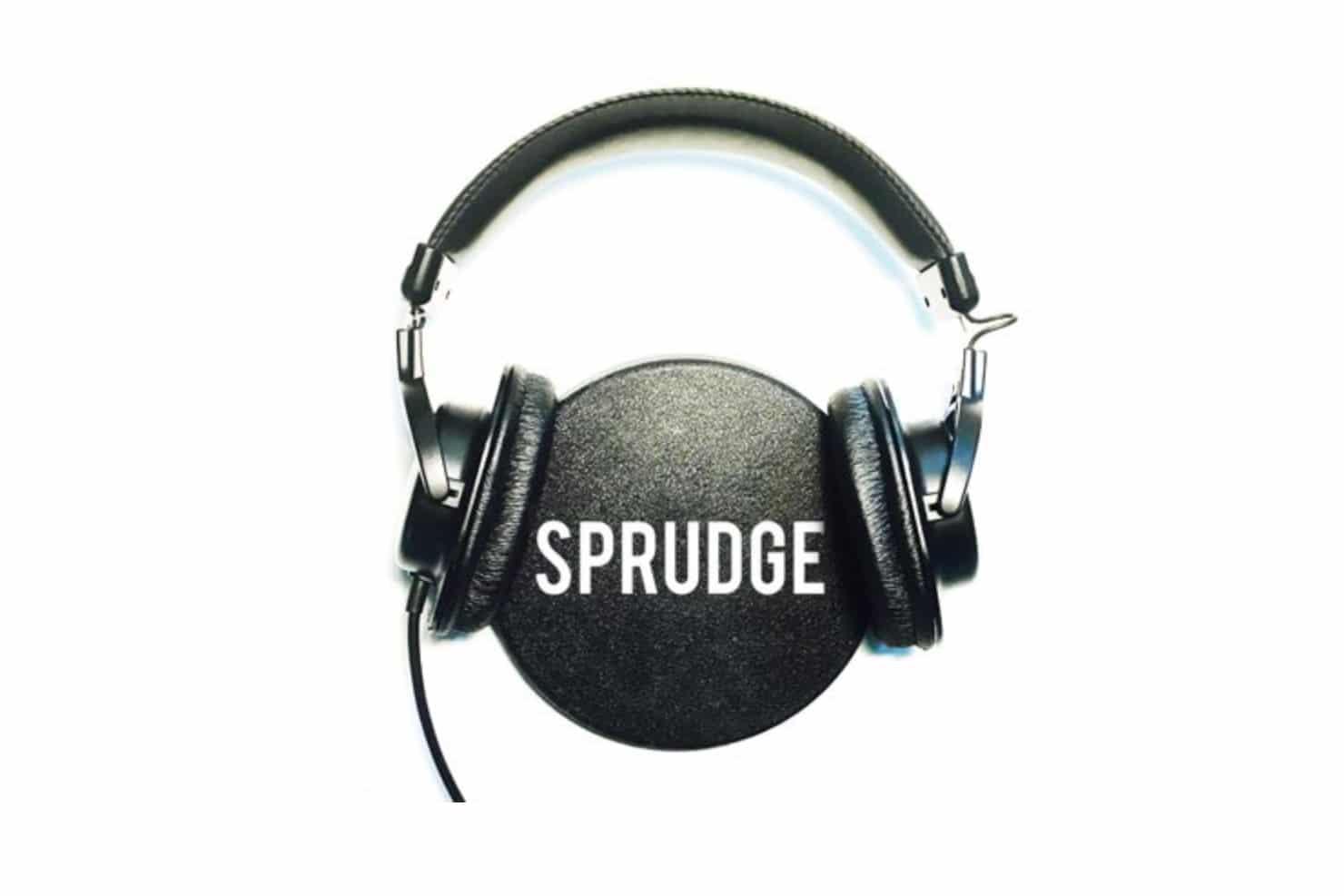
Here’s some good news for those of us whose diets are going a little off-script right now: coffee may just help mitigate the effects. A new study performed by researchers at the University of Illinois at Urbana-Champaign finds that caffeine consumption works to “offset some of the negative effects of an obesogenic diet by reducing the storage of lipids in fat cells and limiting weight gain and the production of triglycerides.”
Published this January in the Journal of Functional Foods, researchers wanted to see how different types of caffeine sources affected a body’s accumulation of fat from a high-fat, high-sugar diet. To do this, researchers put rats on a diet consisting of 40% fat, 45% carbohydrates, and 15% protein for four weeks. Per Science Daily, the test subjects were then given caffeine—equivalent to four cups of coffee, which sounds great right now—extracted from either mate tea or coffee or in the form of synthetic caffeine. When compared against a control group given the same diet but decaffeinated mate, the researchers found “significantly reduced lipid accumulation,” between 20.6% and 40.7% depending on the caffeine source.
When tracking two genes “associated with obesity and lipid metabolism”—fatty acid synthase (Fasn) and lipoprotein lipase (Lpl)—researchers found that caffeine in mate led to a reduction in Fasn and Lpl expression at a rate of 31.5-39.3% and 51.1-63.8%, respectively. Per the findings, “all the caffeine treatments, independently of their origin, significantly downregulated the gene expression of those two lipogenic proteins,” similar to that of mate.
“The consumption of caffeine from mate or from other sources alleviated the negative impact of a high-fat, high-sucrose diet on body composition due to the modulation of certain lipogenic enzymes in both adipose tissue and the liver,” [UI Professor of Food Science, Dr. Elvira Gonzalez] de Mejia said. “The decreased expression of Fasn and Lpl brought about lower synthesis and accumulation of triglycerides in the adipose tissue.”
Put more simply, caffeine consumption, regardless of the source, appears to decrease fat gain due to a high-fat, high-sugar diet, otherwise known as the box of Tagalongs I just stress-housed for breakfast. So if today you feel like grabbing, say, another handful of peanut butter pretzels out of the one-day old, half-empty economy-sized jar, go for it! Coffee has your back.
Zac Cadwalader is the managing editor at Sprudge Media Network and a staff writer based in Dallas. Read more Zac Cadwalader on Sprudge.
























